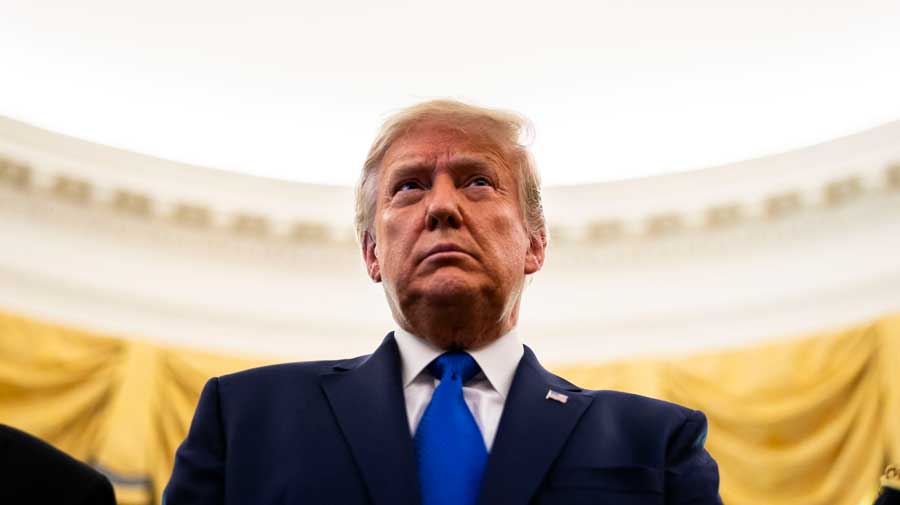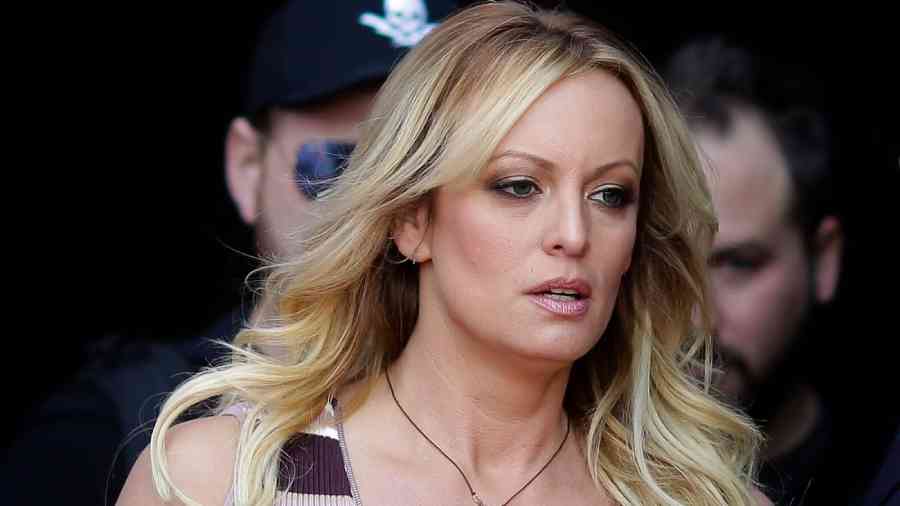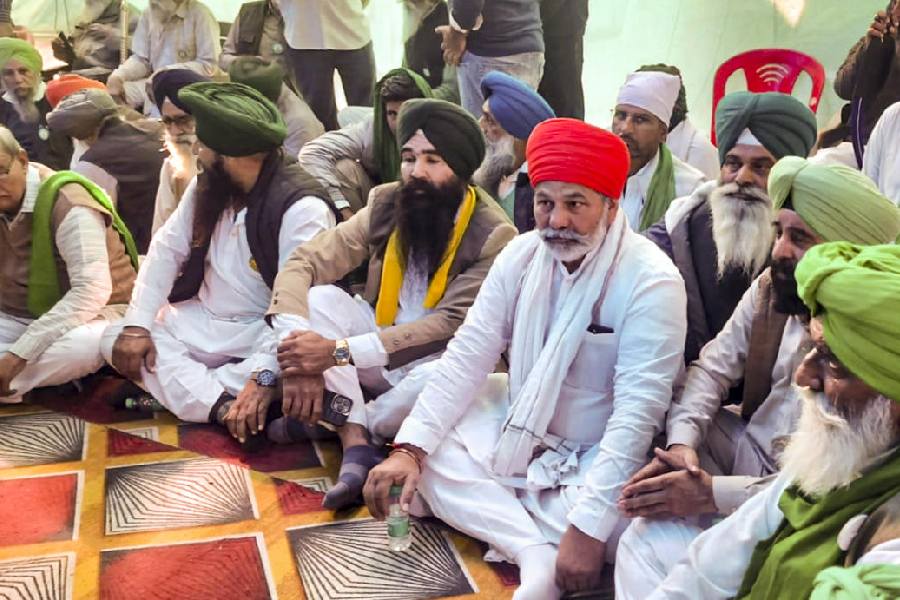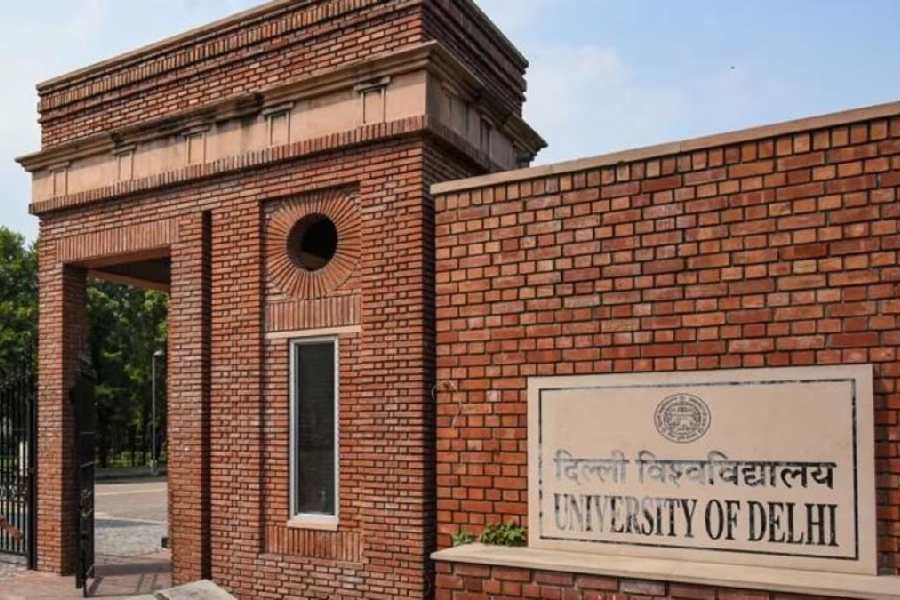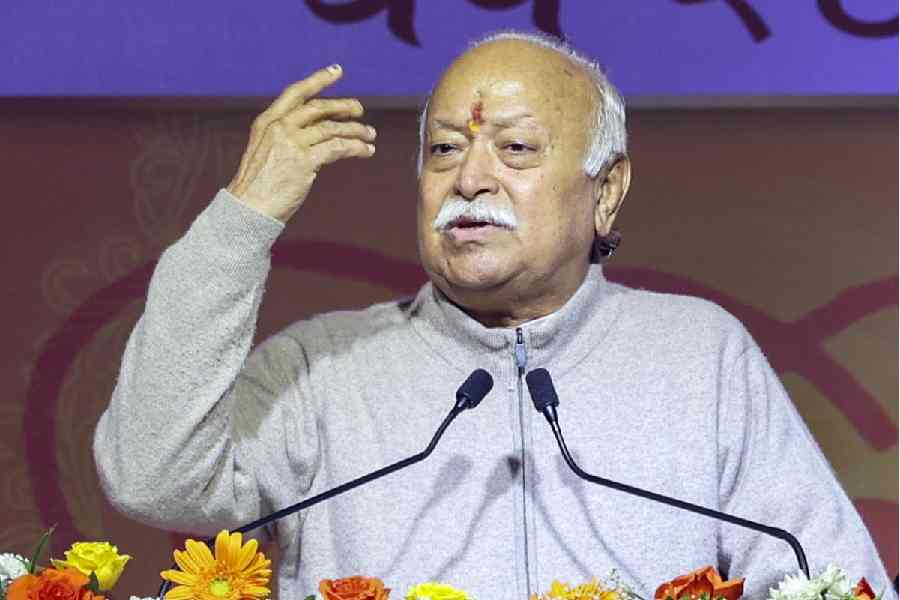For the first time in American history, a former President of the United States has been indicted on criminal charges. It is worth pausing to repeat that: An American President has been indicted for a crime for the first time in history.
On Thursday afternoon, a Manhattan grand jury voted to indict Donald J. Trump for what is being seen as the former President’s involvement in the payment of hush money to a porn star, Stormy Daniels, who said she had an affair with him. (See Page 2)
So many unthinkable firsts have occurred since Trump was elected to the White House in 2016; so many inviolable lines have been crossed.
So many unimaginable events have shocked the world that it is easy to lose sight of just how astonishing this particular moment really is.
For all of the focus on the tawdry details of the case or its novel legal theory or its political impact, the larger story is of a country heading down a road it has never travelled before, one fraught with profound consequences for the health of the world’s oldest democracy. For more than two centuries, Presidents have been held on a pedestal, even the ones swathed in scandal, declared immune from prosecution while in office and, effectively, even afterwards.
No longer. That taboo has been broken. A new precedent has been set. Will it tear the country apart, as some feared about putting a former President on trial after Watergate? Will it be seen by many at home and abroad as victor’s justice akin to developing nations where former leaders are imprisoned by their successors? Or will it become a moment of reckoning, a sign that even someone who was once the most powerful person on the planet is not above the law?
“Whether the indictment is warranted or not, it crosses a huge line in American politics and American legal history,” said Jack L. Goldsmith, a Harvard Law professor and former top justice department official under President George W. Bush.
If that were not enough to shake the timbers of the republic, the first may not be the last. Trump could face a second indictment in Georgia and a third from federal prosecutors and potentially even a fourth.
There is consternation that the barrier-shattering indictment would involve something as unseemly as paying hush money to cover up a sexual romp. Given that the defendant has been involved in far more earth-shattering events like trying to overturn an election and inspiring an attack on the Capitol to prevent the transfer of power, the allegations by Manhattan prosecutors seem less than epochal.
But if the issue is accountability, then the case could redraw the lines and make it less daunting for prosecutors in Georgia and Washington to follow suit by charging more serious crimes if they have the evidence, since they will not have to bear the burden of justifying action never taken before. Leave it to the only President ever impeached in Congress twice to face so many prosecutions that lawyers need a scorecard just to keep track.
While the indictment of Trump takes the country into uncharted waters, the authors of the Constitution might have been surprised only that it took so long. Justice department policy maintains that sitting Presidents cannot be indicted, but the framers explicitly contemplated the prospect of them being charged after leaving office.
A President impeached by the House and convicted and removed from office by the Senate “shall nevertheless be liable and subject to indictment, trial, judgment and punishment, according to law”, Article I, Section 3 of the Constitution declares.
“Generally, we consider that language to suggest that, whatever may happen with respect to an impeachment while a President is in office, he still may be held liable civilly or criminally after he leaves office for his misconduct in office,” said Michael J. Gerhardt, a constitutional law professor at the University of North Carolina.
In other words, no former US President was immune from criminal liability. “The framers would have been horrified at the possibility of a President ever being above the law while in office or after leaving it,” Gerhardt said.
Indeed, while voting to acquit Trump at his second impeachment trial — the one charging him with inciting the January 6, 2021, attack on the Capitol — Senator Mitch McConnell, the Republican leader from Kentucky, said he did so because Trump was no longer in office but added that he was still subject to criminal prosecution.
“My view is that so long as the case that is brought is for a crime that is not unusual to charge, and the proof is also as strong as one would normally have — i.e. that one wards against the problem of selective prosecution — then it is imperative that we hold politicians to account regardless of what position theyhold or held,” said Andrew Weissmann, a deputy to Robert S. Mueller III, the special counsel who investigated the Trump campaign’s ties to Russia.
Meena Bose, who is the executive dean of Hofstra University’s Peter S. Kalikow School of Government and runs a presidential history project, said that a country plagued by polarisation and concerns about democracy would be stronger by enforcing responsibility on its leaders. “An active and continuing commitment to making sure all public officials follow the rule of law is essential to addressing those challenges,” she said.
But others worry about the long-term consequences for the presidency, not least because this indictment is being brought by a local prosecutor rather than the justice department, opening the door to prosecutors around the country taking it upon themselves to go after a President.
“This presents the opportunity for potentially thousands of state and local prosecutors to investigate and charge a President without the impediment imposed by DOJ’s (department of justice) policy against indicting sitting Presidents,” said Stanley M. Brand, a former House counsel whose firm represents a couple of Trump associates in the investigation into the mishandling of classified documents. “It theoretically subjugates the presidency in a way I don’t believe was ever constitutionally contemplated.”
Locking up former leaders on specious, politically driven charges may be common in the world’s autocracies, but some of the most advanced democracies have not shied away from putting their leaders on trial for crimes. In Israel, former Prime Minister Ehud Olmert spent more than a year in prison for bribery, fraud and other charges while the incumbent Prime Minister, Benjamin Netanyahu, is currently on trial on similar charges.
In Italy, former Prime Minister Silvio Berlusconi, who just regained some power as part of a governing coalition, has faced 35 criminal court cases during his long career, although he was definitively convicted just once for tax fraud and sentenced to a year of community service. Just last month, he was acquitted on charges of bribing witnesses at a previous underage prostitution trial.
Other leaders of democratic nations convicted in recent years include former Presidents Jacques Chirac (embezzlement) and Nicolas Sarkozy (influence peddling) in France, former President Park Geun-hye (corruption) in South Korea and former President Chen Shui-bian (bribery) in Taiwan.
In the US, Teapot Dome, Watergate, Iran-contra and Whitewater never put a President in the dock. The only sitting President to see the inside of a police station as a defendant was Ulysses S. Grant, who was stopped for speeding down the streets of Washington in his horse-drawn carriage. He paid $20 and went on his way.
Trump would not be barred from running for his old office by an indictment or even a conviction.
New York Times News Service

